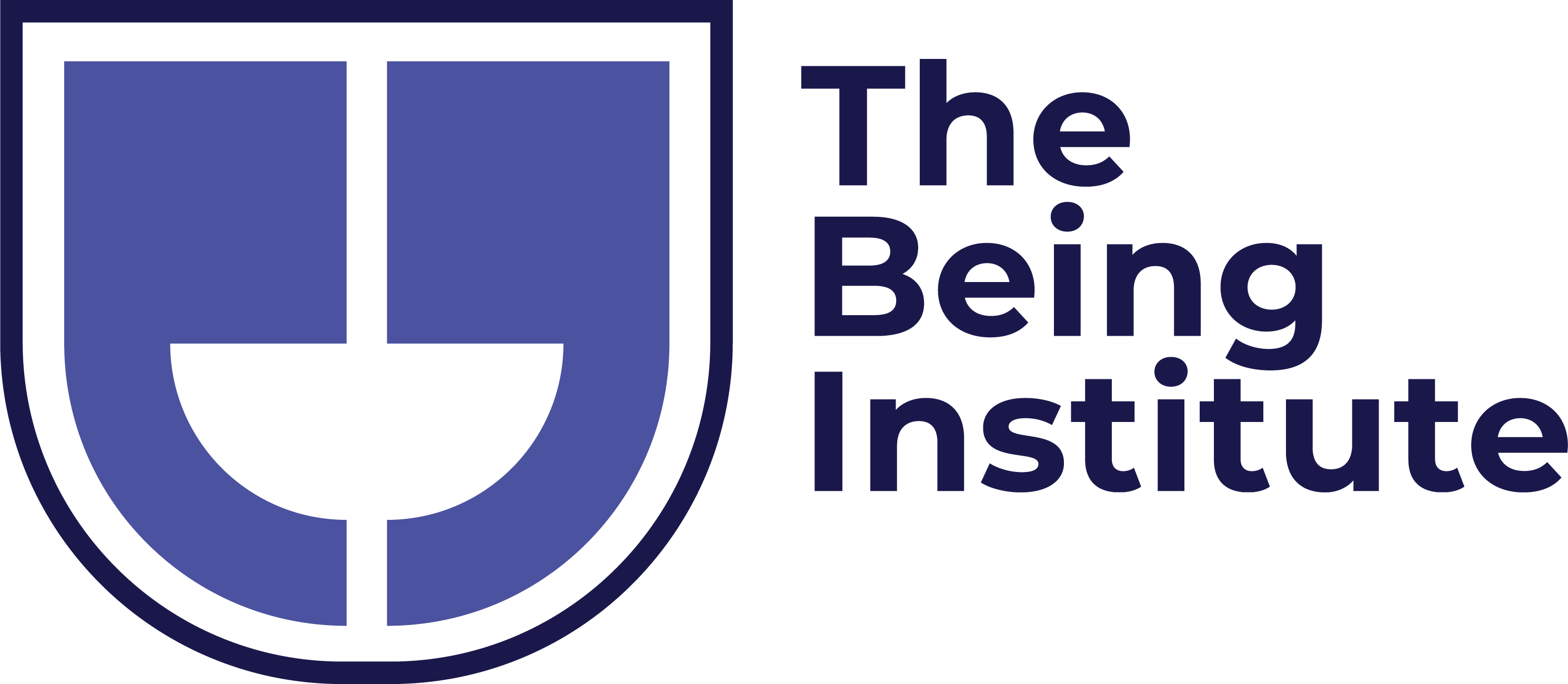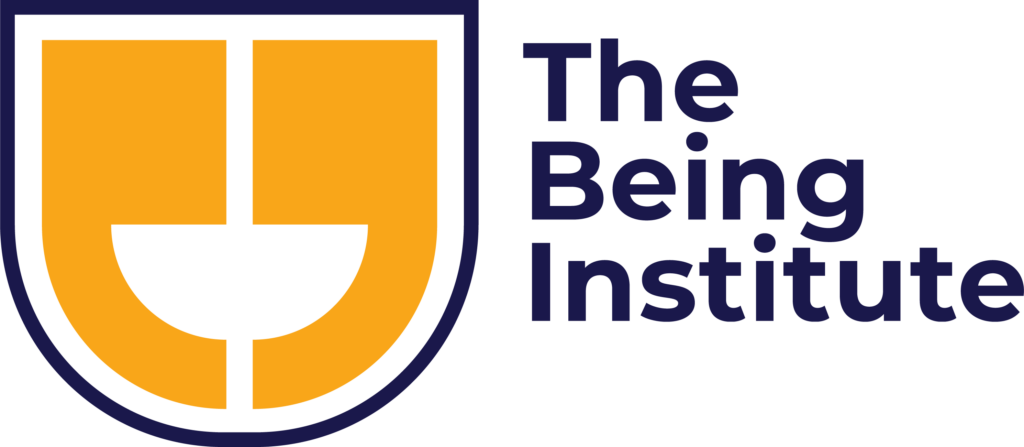Theory of Being
Our most recent culmination of more than 20 years of our research includes The Theory of Being (TOB). The Theory of Being is a transformative learning theory that, when applied, increases the participants’ stamina to stay in difficult dialogues such as anti-racism organizational change efforts. This process-oriented approach teaches communities how to engage in ongoing dialogue that can create a culture that bravely examines the racism within the organization and supports next steps toward system change. This shift requires suspending the singularly focused search for answers and invites a deeper exploration of the complexities of social problems, including identity, experiences, and context. It is a humanizing approach that counteracts the dehumanizing racial supremacist ideologies so ingrained in our institutions. This work is being published by Stylus Press in the book “The Theory of Being: Practices for Transforming Self and Society”.
Privileged Identity Exploration (PIE) Model
The Privileged Identity (PIE) Model (Watt, 2007) is a framework to understand defensive reactions that emerge against dissonance provoking stimuli. In practice, PIE can help dialogue participants to engage productively with each other in exploring various systemic sociopolitical issues by gaining insight about the process of exploring the various reactions to difficult dialogue. PIE model recognizes 8 defensive reaction that can show up in difficult dialogues about complex social issues and situates these reactions as normal human responses that can lead learners into deeper understanding themselves, their relationships, and their sociopolitical perspectives.
Our evidence-based approach to anti-racism work is through the lens of The Theory of Being. The approach acknowledges these three essential ideas:
It has a role in shaping all of our processes, practices, and policies. Racism is deeply rooted in our society and will likely not resolve in a lifetime. We know racism inherently exists in American policy and practices. There is a long history, including slavery, Jim Crow Laws, redlining, and other racist governmental policies. We aim to intentionally identify and deconstruct the ways we work together that reinforce racism. Addressing racism includes realizing that change must happen in people’s attitudes and behaviors as well as organizational practices—and this will take time, thoughtful strategy, and an engaged process.
Our aim is not to claim a simple answer that will end racism, but to offer a process whereby we can have productive dialogue so that organizations can continually and proactively transform racist practices.
People and organizations will not create a proposal that once created and/or enacted will magically result in the ending racism. People will need to take thoughtful, actionable steps within a relational context and work together to change an organization’s policies and practices. Ongoing reflective and communal dialogue results in trusted and powerfully supportive relationships that are all too rare and desperately needed when working together to make organizational level change centered on deconstructing structural racism.
We have to start an eternal conversation and stop behaving as if there is a once and for all fix. Individuals engaging in eternal conversations can create equitable policies that can then be created, implemented, and assessed.
Dialogue about social change efforts is difficult, uncomfortable, personally impactful, and necessary. It helps to expect and be prepared for a wide range of human reactions. Individuals must learn to embrace the dissonance and keep the dialogue going. Organizations that sustain the full participation of individuals across different identities are more likely to experience a meaningful and transformative change in policies and practices.
People can take meaningful action now that will significantly suppress the influence of racism later if individuals can stay in difficult dialogues in a sustainable way. Racism is rooted in the history, the policies, and the day-to- day interactions in society. It is like dirty water. It has contaminated how we view ourselves, our society, and our day-to-day interactions. If we know that the water is dirty and continues to be contaminated, then we have to insert a permanent filter. Cleaning the water source is nearly impossible. Dialogue is a filter. We cannot depend on going back in time to fix the source. Now we have to engage in a process of regular practice to clean the water.
We need to employ practices that help us build the stamina to remain present when dissonance occurs. We must value controversy as an opportunity to explore complex problems through the lens of different experiences and perspectives. Engaging these differences can help our search for more productive ways to address racism.
In our anti-racism efforts, we have to acknowledge that we are human and flawed. We must aim to view these missteps as developmental.
As citizens of the world, we need to face the reality that we will (and must) have controversial dialogues. We often respond defensively because these controversial dialogues challenge our beliefs, values, and identity. These defensive reactions can derail dialogue and prevent a community from making meaningful changes in policies and practices in their organization. As Heidi Zetzer (2011) states, “When I unintentionally say something that reveals a stereotype, prejudice, or privilege, I am suddenly faced with behavioral choices, nearly all of which coincide with the ways in which White folk in higher education respond…I can aggressively defend myself (anger), passively retreat (generalized apathy), or distance myself from the discussion (intellectual detachment)”(pg. 12-13).
Anti-racism efforts need space for people to learn. This will require that when missteps are made, there is accountability, acknowledgement, an authentic apology, open dialogue, and the opportunity to try again.
Our Research Informed Practice
Anti-Racism Collaboratives Not Task Forces
The Theory of Being highlights the importance of being (a process) with a complex problem rather than prioritizing a rush to doing only public displays of solidarity (an outcome-orientation). The Theory of Being outlines a process for ongoing community practices of self-examination, critical thinking, and deconstruction of policies and practices. Rather than forming a task force, this approach calls for creating a collaborative across existing organizational structures that includes Being Circles (small cohort groups). A collaborative is a larger group (e.g., faculty, staff, students) thinking together about how to contribute to the anti-racism work from their perspectives and roles/responsibilities in the organization.Being while Doing
The Theory of Being proposes practices that abandon a singular focus on outcomes. It pushes away from an elusive and static definition of the problem. Instead, the theory suggests that prioritizing process creates an ongoing way of being in community relationship around shared problems. It assumes that prioritizing process is more realistic and perhaps a nimbler way of addressing complex social conflict. Outcome-focused approaches often ignore the complexity of the challenges faced by society and assumes that there are simple fixes to structural inequities. Being, or prioritizing process, shifts away from an external focus and directing work for others and moves towards situating the self and one’s personal responsibility for outcomes.DOING – Outcome
- A focus on an end-goal, responsibility of others, external control, and the future.
- The goal is to solve or fix current problems.
- Need to take action, direct activity, demonstrate progress towards an outcome.
- Measurable or decisive endpoint to activity and engagement.
- Often named as a Task Force to indicate power and control.
BEING – Process
- A focus on preparation, personal responsibility, internal control and the present moment.
- The goal is to understand/explore an issue or idea.
- A focus on the self in relation to the idea, considering how and why you relate to the idea in certain ways.
- Ongoing process.
- Consider it a collaborative to indicate inclusive, ongoing, job-relevant work.


